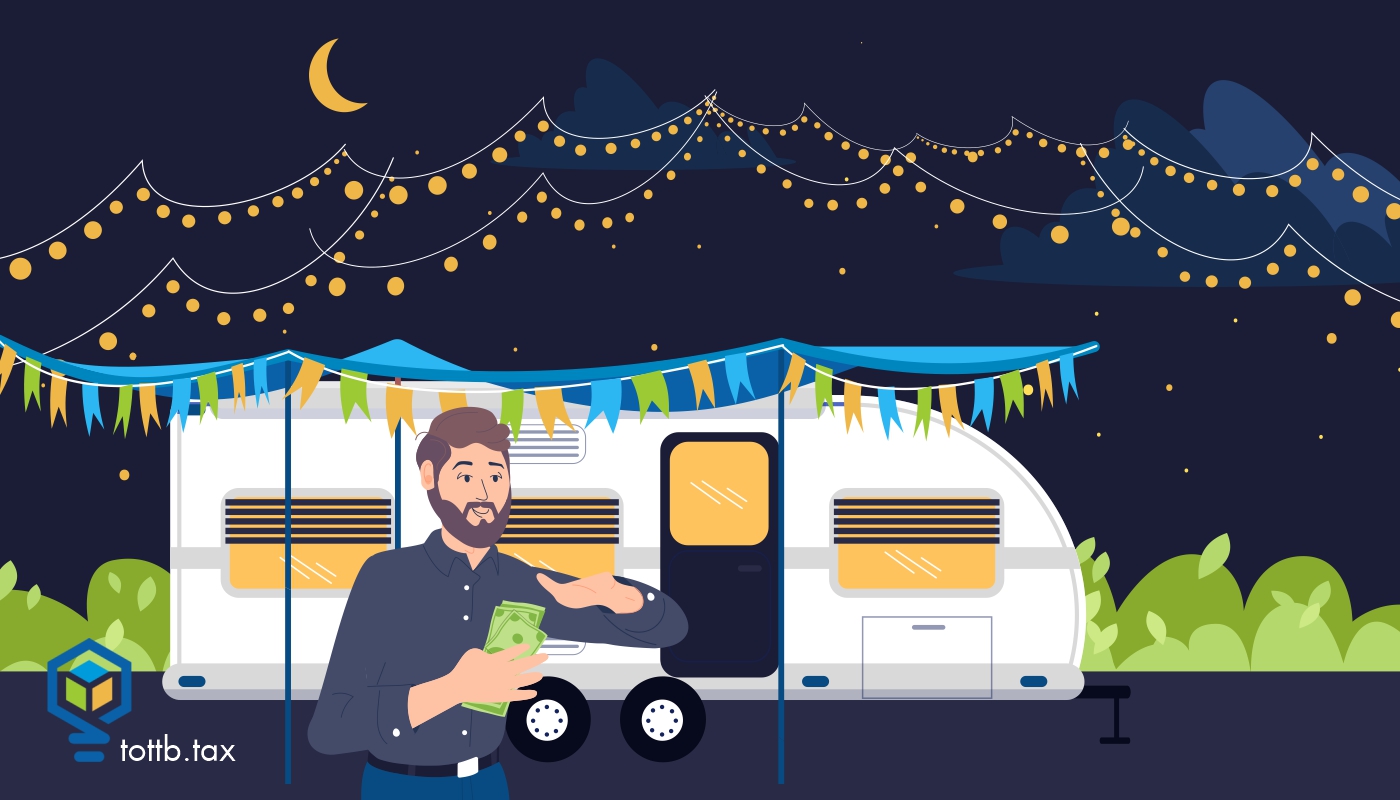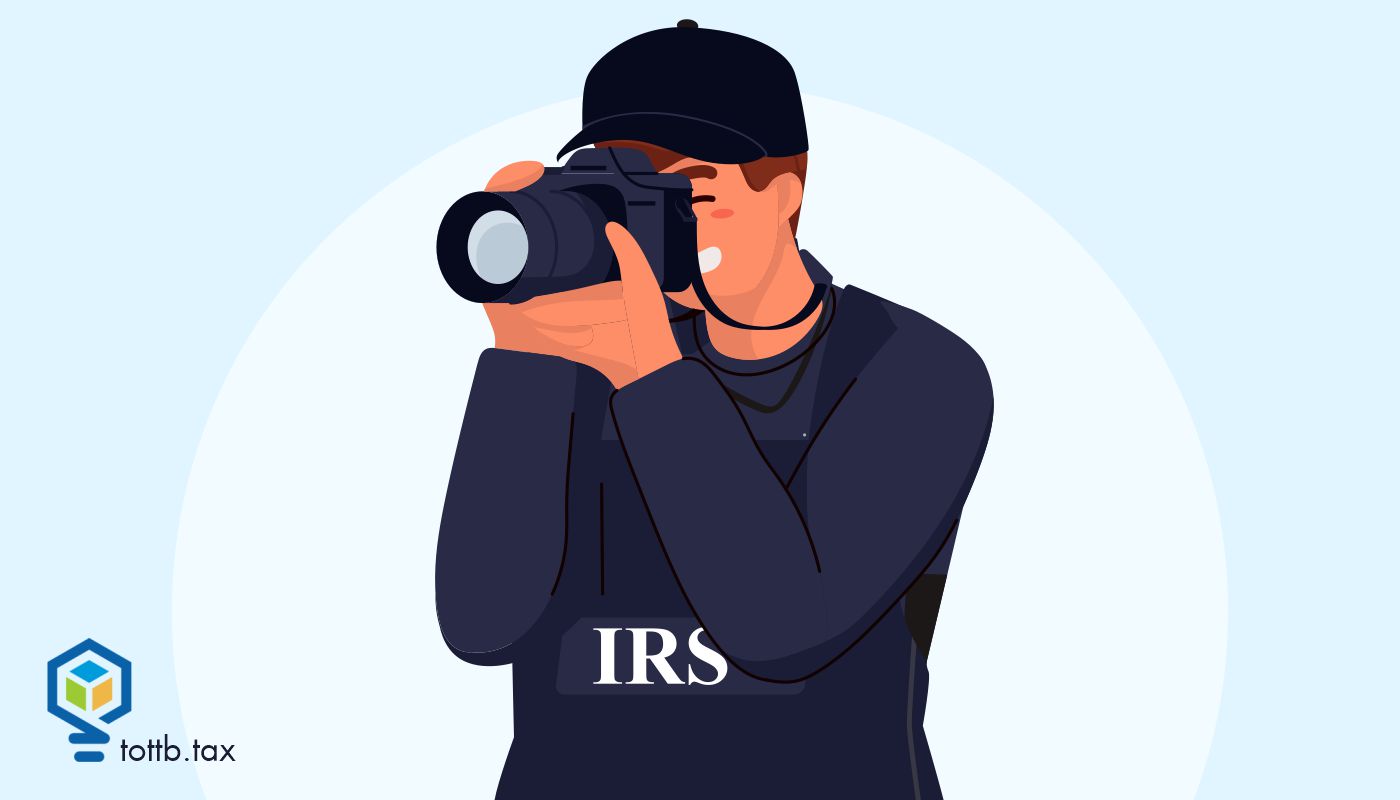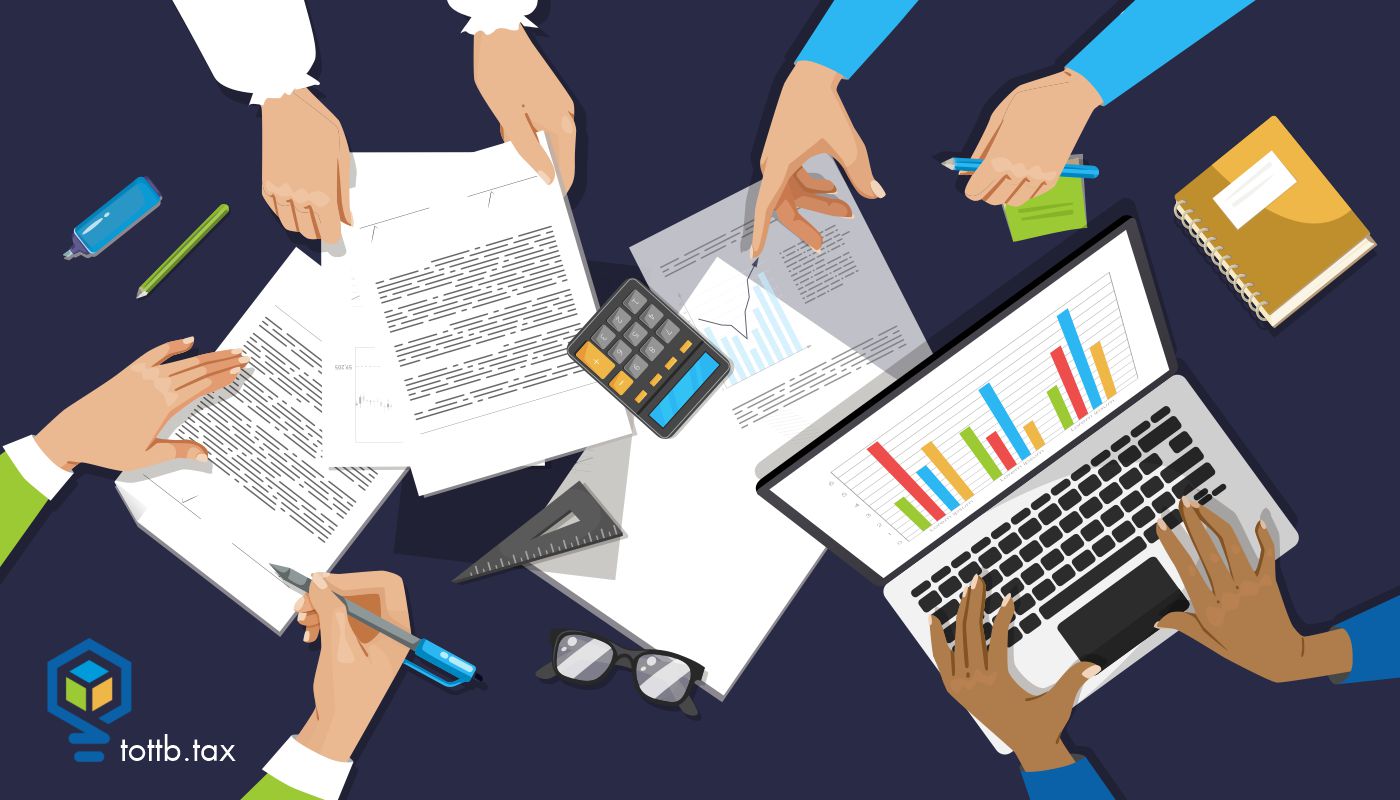The gig economy involves more than one-off and part-time jobs. It also includes when you share your property in exchange for money. This can be a residential property, a vacation home, or even a vehicle. The gig economy has connected those who need rides and places to stay with owners via online platforms. We refer to this part of the gig economy as the share economy.
Accessing these accommodations is easy with the online platforms. But how the people participating should report their income isn't quite as straightforward. Last time we looked at how your clients should report gig income, just like any other income made as a sole proprietor.
But making money from renting your property out is different, right? If you have clients with rental properties, you report their income on Schedule E (1040), Supplemental Income and Loss. We know from last time that we report gig economy income on Schedule C (1040), Profit or Loss from Business. So, how does rental income derived from the share economy get reported on a tax return? Every taxpayer's favorite answer, it depends.







